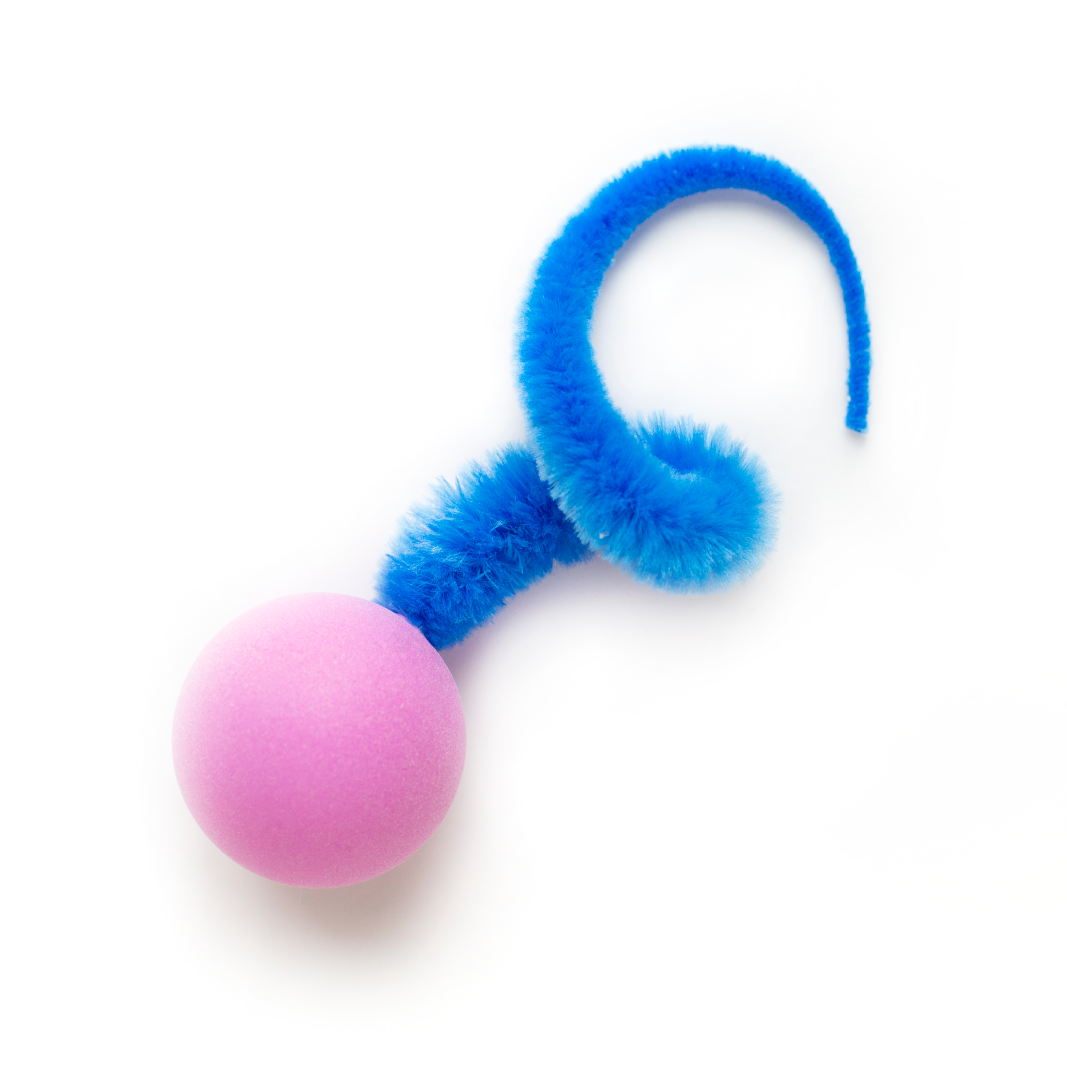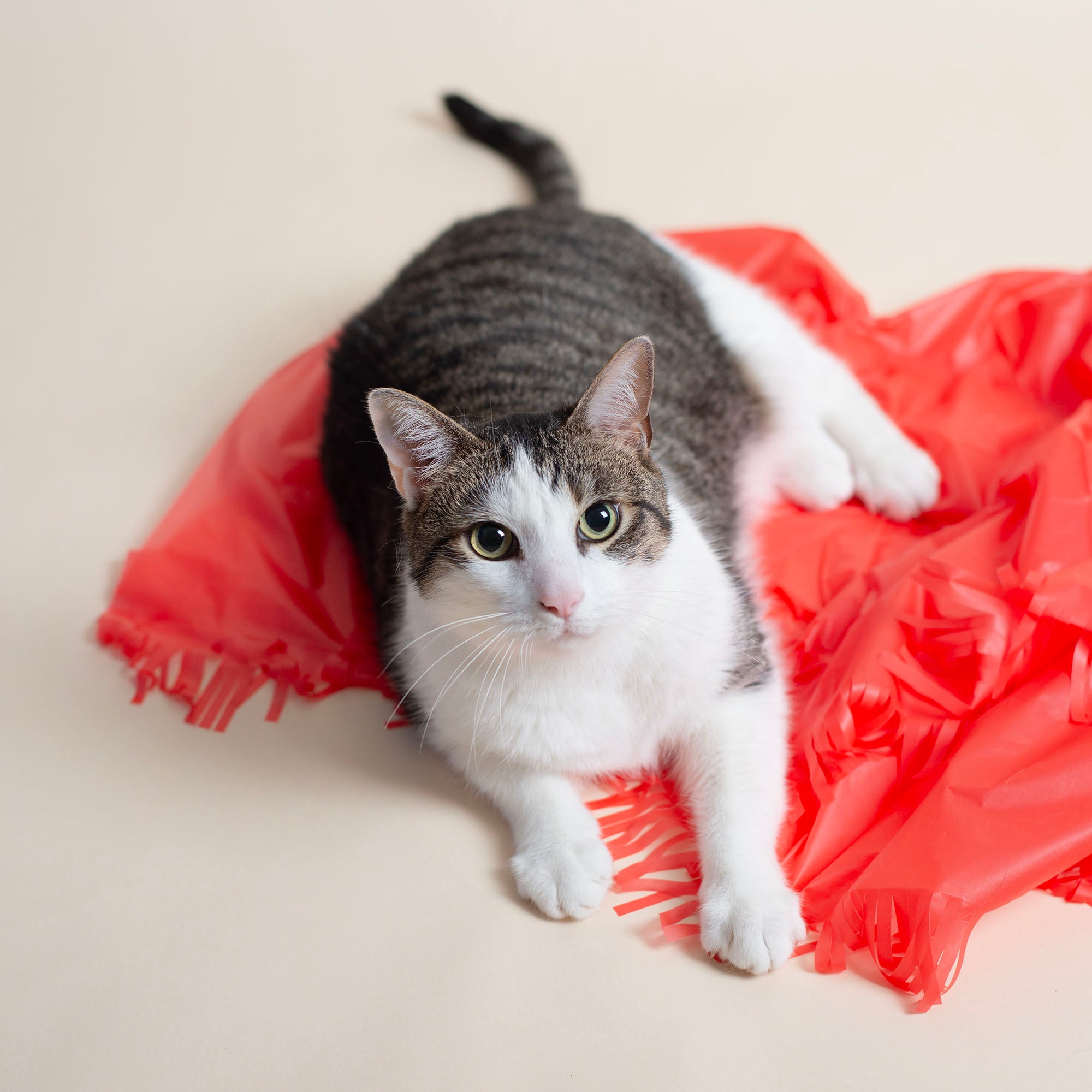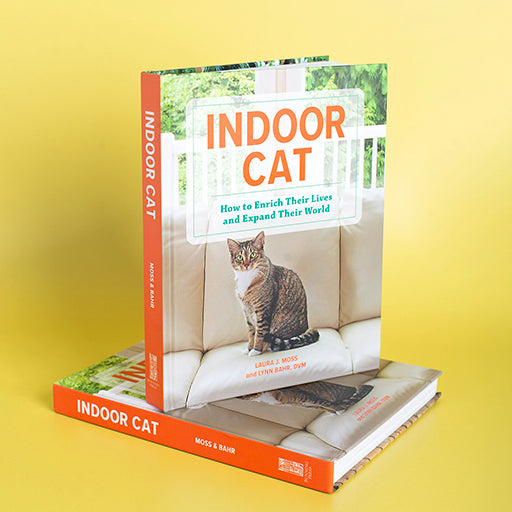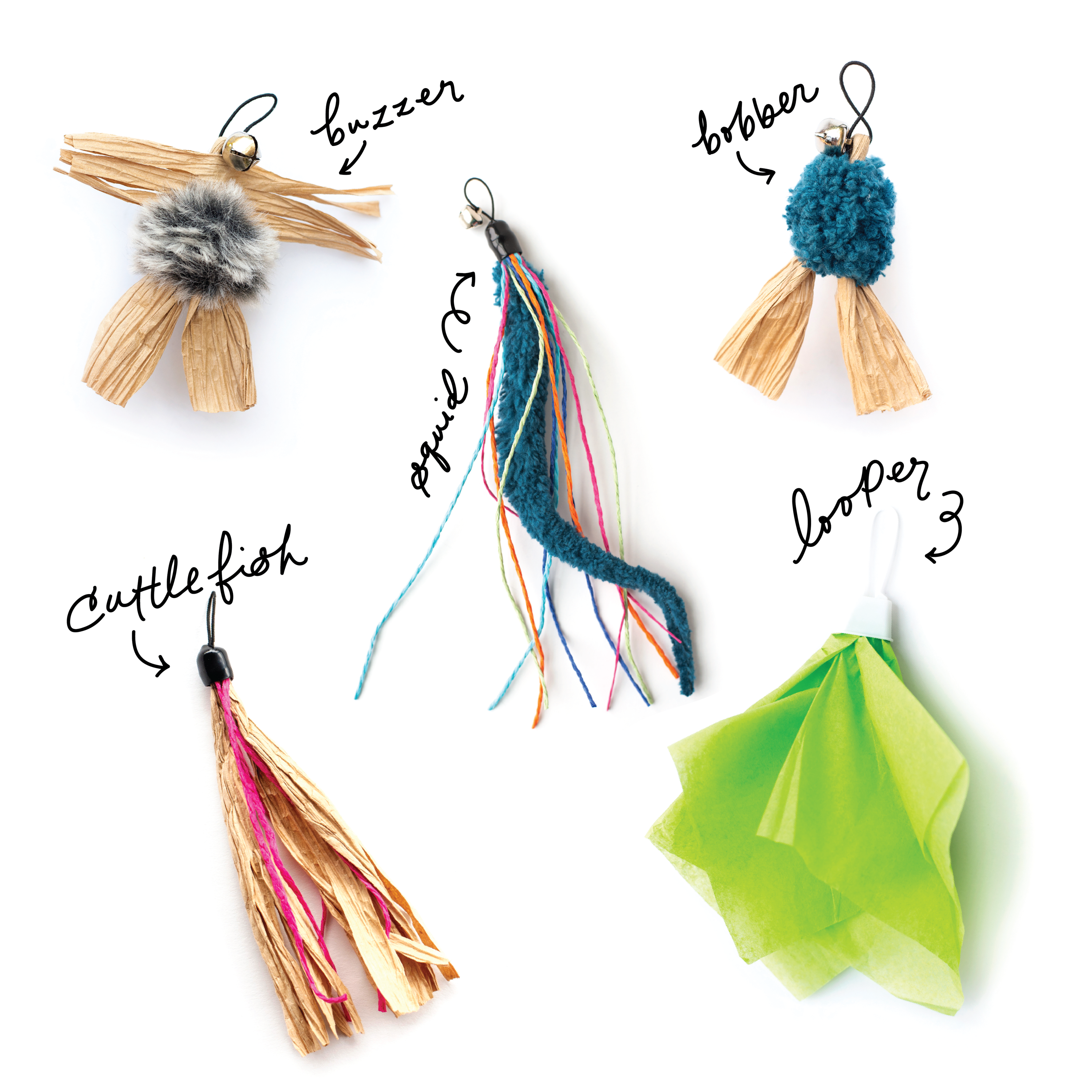Cats are NOT low-maintenance

People often adopt cats because they want a pet and don’t have time for a dog. They often think cats don’t need as much attention or care. While it may be true that cats have different needs from dogs—for instance, a cat uses a litter box instead of going outside—they still need their owners to pay attention to them. In my years as a vet, I have witnessed many owners leaving their cats unattended when they go away for the weekend or on vacation. They put out a bowl of food and think all is well because a cat is a low-maintenance pet, right?
WRONG!
I’m going to let you in on a little secret: cats are not low-maintenance. In fact, indoor cats should be very high-maintenance. If you don’t think your cat is a focal point of your life, you’re probably not giving him enough attention.
Here are some regular habits you should adopt if you have an indoor cat.

Keep kitty active, entertained, and engaged. Most cats sleep 12 to 16 hours per day, but that doesn’t mean they’re lazy. As crepuscular animals, cats are most active during twilight hours (dawn and dusk) and tend to sleep during night-time and day-time hours. This behavior allows them to efficiently hunt. But when they're awake, cats love to play and explore. Cats need lots of variety in their indoor environments. From different scents to comfy bedding and a variety of toys, cats need the opportunity to exercise mind and body. It’s just not enough to provide your cat with lots of toys. He needs interaction as well. Play with your cat and encourage his hunting instincts.

Provide kitty with some TLC. Despite a seemingly aloof nature, cats enjoy affection. But they’re also control freaks, so it needs to be on their terms. Even a cat who doesn’t like to be picked up or petted will appreciate a tasty canned meal or a special treat. A standoffish kitty may revel in your companionship simply by sitting in the same room as you or resting on an item that smells like you, such as a pillow or favorite sweater. Other kitties will want to be in your arms and purring or curled up tightly in your lap for cuddles. But all kitties need companionship. In short, he needs you.

Monitor kitty’s behavior. It’s also important to pay attention to your cat’s specific behaviors. A change in routine is almost always the first sign of illness or distress. Cats are experts at hiding illness, and once it is noticeable—for example, if kitty becomes lethargic and stops eating—they are often very sick. Illness can show up when you go away because of the added stress of being alone. Then there is no one there to observe or help. If you’re going to be away from home for more than 12 hours, it’s important to have someone check in on your cat. If you’re out of town for a few days, find a pet sitter who can keep the feeding schedule the same, play with your cats regularly and clean the litter boxes daily.

Provide plenty of fresh litter. Speaking of litter boxes, a good rule of thumb is to have several options available and to keep them all clean. All litter should be scooped daily—multiple times a day, if possible. Dirty litter can cause kitties unnecessary stress and worse, spread disease. It’s not healthy for cats or humans. Plus it just makes your home smell bad.

Cats are amazing creatures who make absolutely wonderful companions and pets. You just need to understand their needs and to remember that they’re much more high-maintenance than you’ve been led to believe.

Share:
5 comments
-
Excellent guidance!
jmuhj on
-
You sure are right about this: cats are not low maintenance animals!
They can be challenging to entertain.Jennifer on
-
Here here.
This and so much more
Connie - Tails from the Foster Kittens on
-
I have a cat, she won’t let me hold her very often??? why is this; I rescued her, when she was 3 to 4 weeks old, the vet said!!! I’ve tried to hold and pet her; the older she gets, the less she wants to be petted!!!
Susan Sharp on
-
If we are going out more than an hour, I have my mom “babysit” the kitties.
Ellen Pilch on








